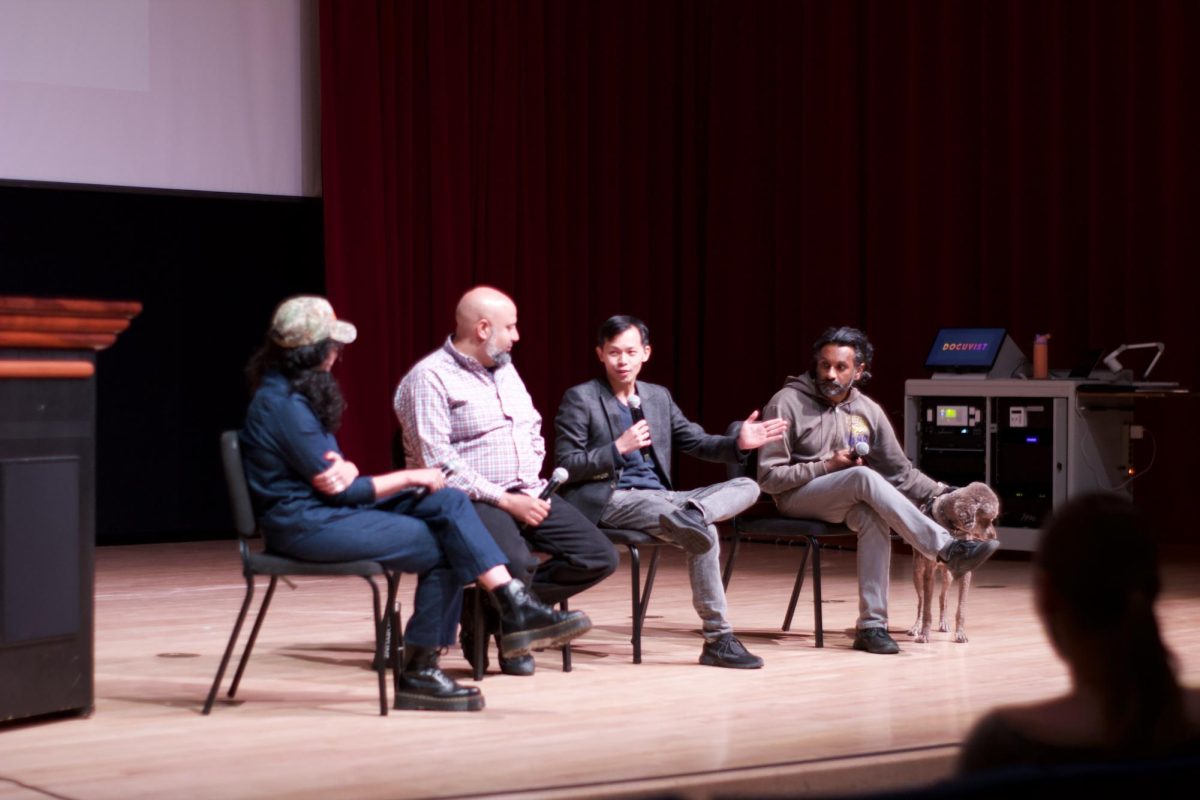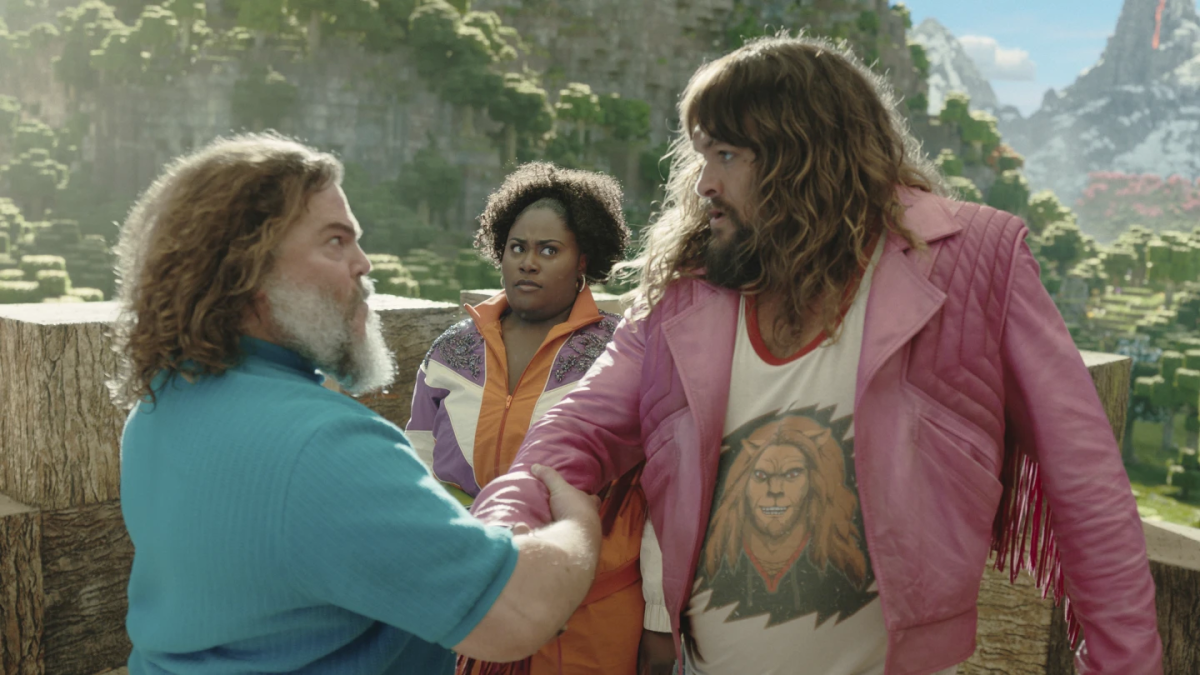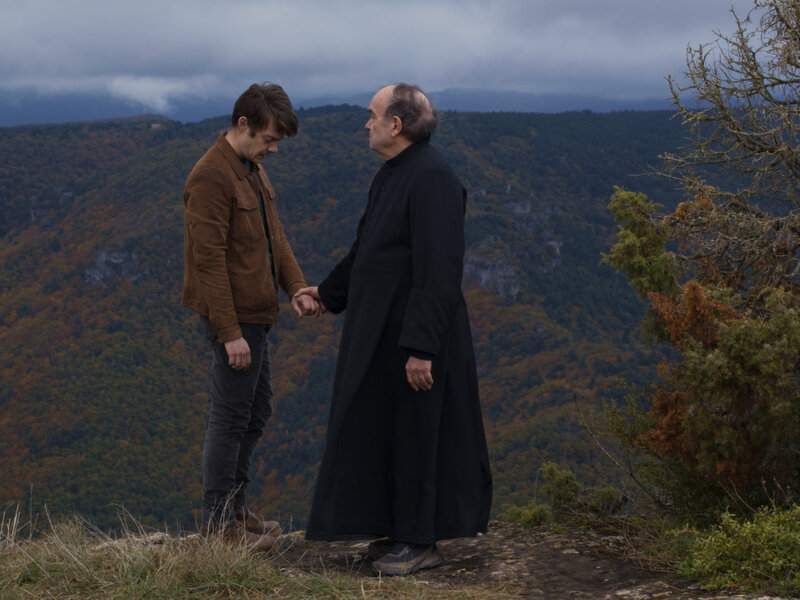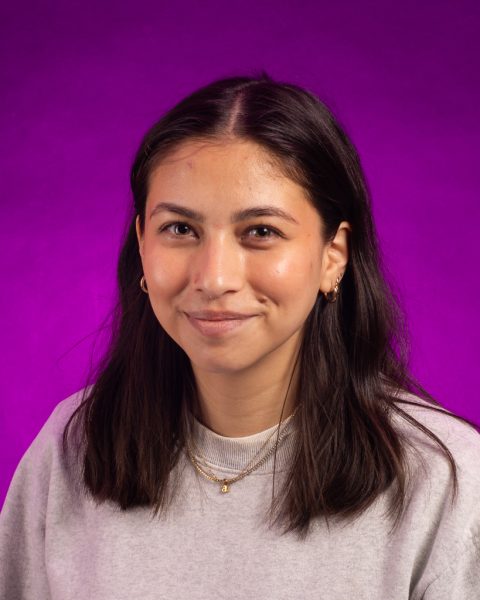San Francisco State University’s Climate Headquarters organization hosted a film festival in Knuth Hall on April 25, as part of its 2024 Earth Week initiative. FilmFest attendees were also offered a plate of tamales after the event by showing a stamp once they entered Knuth Hall.
Climate HQ aims to empower SFSU’s student body, faculty, and staff to participate in climate justice efforts, according to their website. They emphasize promoting global solutions, developing student leaders, and organizing events to address climate change and empower people.
The event had a screening of the FilmFest’s 2024 media sponsor, Nor-Cal Public Media’s new series teaser, “Climate California,” and filmmaker Micheal Premo’s “Water Warriors.”
“I think it’s important, it’s relevant — in this changing climate — to think about success stories; about people who have successfully been able to protect natural resources,” Premo said.
Premo traveled to New Brunswick, Canada, in the Stoughton communities and filmed their resistance against fossil fuel infrastructure and building alliances with other communities. “Water Warriors” expanded on Indigenous resistance and solidarity with non-Indigenous people in that struggle.
Teresa Locher, the Climate HQ FilmFest student coordinator, is a third-year Broadcast & Electronic Communication Arts (BECA) student at SFSU. Locher and organizer Erica Ramsey-Pulley created the event to allow students to showcase their work on environmental justice or social justice issues in a professional setting.
“It’s a really powerful and influential medium to make a difference and to educate people,” Locher said about film as a storytelling medium.
Selected student projects comprised a climate radio show, a brief animation, and an antiwar climate activist interview.
Gopal Dayanenni, a lecturer specializing in race and resistance at SFSU and the event’s sponsor, incorporated “Water Warriors” into his semester curriculum.
“I really love showing it to my students because so much of the way we talk about the climate crisis is [about] how bad it is, and so much of the way we talk about climate justice is just about victims,” Dayanenni said. “The story of climate justice is often told about the very real disproportionate harms to low-income communities, communities of color, people in the global south Indigenous communities.”
The story of climate justice is one of communities who are on the front lines resisting, winning and transforming how we think about our relationship to land, labor and the living world, according to Dayanenni.
“It was really interesting that there was a sort of multiracial sort of alliance that had been built in that part of the world,” Dayanenni said. “There’s a prominent Indigenous community that, unlike in many places in the coast slightly south, a lot of the Indigenous community had been forced off their land in a way that they were able to sort of retain some control of their land north in Canada.”
Dayanenni said he hopes that SFSU can work toward being the venue for environmental climate justice and ecological justice film festivals since the San Francisco Green Film Festival took a hiatus during COVID-19.









